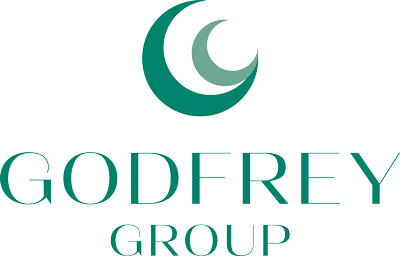An ethical, transparent approach to recruiting people for your organisation is important and expected. When a potential senior hire sits down at a job interview, it’s not unreasonable that they should expect to learn as much about your organisation as you learn about them.
The question is how far should you go? Should a business disclose to a candidate that it’s doing poorly financially? Should it reveal some of the challenges being faced (financially and/or commercially, for example)? Or should it keep some of these things close to its chest and choose to reveal more later (or not at all)?
Taking an honest, trustworthy approach to hiring new candidates is about being true to your beliefs and values, thinking about whether you might be doing more good to the business and to your candidates than harm, and whether you are acting fairly and respectfully. It’s an approach that far too many business continue to ignore.
When ethics slide off the radar
Issues can, and do, arise when a company chooses to take a less-than-honest approach to hiring a candidate.
For example, an individual might successfully go through a recruitment process, join the business, and then discover that the organisation was in negotiation to be taken over by another company, possibly even the original company that the individual came from. Or an organisation might not be entirely honest about why the last person left and the mess that the new hire is about to take over.
By not disclosing the full picture to a candidate, particularly when it looks like they might soon be coming onboard, an organisation risks engaging a highly capable person and then disappointing them in those early weeks. It can radically affect that person’s view of the organisation and the people who did the hiring.
So, why do organisations do it? It makes no sense because a new employee will discover the truth in the first few days of their engagement and the approach will impact on their trust, morale and sense of disappointment. It can also lead to a higher rate of turnover when disgruntled employees decide to look elsewhere.
Why honesty matters
It’s important to be as honest as you can in the recruitment process when it comes to disclosing information about your organisation. Employers expect their employees to be squeaky-clean with their application for a role and the same rule really should apply for the employer.
Whether it’s about being honest as to why the last person left, or the real challenges in the business, or the mess that someone might be about to take over, or even the commercial, financial, legal and/or compliance challenges that the business might be facing, you should try to be as transparent as you can.
If you do take this approach, you’ll end up with people who accept the challenge of the role and who won’t face any sudden surprises or disappointment in the first few weeks. Imagine taking on a Senior Compliance Manager and choosing not to mention that you’re in the middle of a massive breach with the regulator. The implications for that new hire could be major. Or imagine a candidate joining a business and planning to be mentored by the line manager only to find out, when they start, that the line manager has already resigned.
That’s not to say that employers must disclose every single thing to every potential recruit. However, there are aspects that are relevant to the potential new hire, particularly when recruiting good senior employees – whether it’s something that will significantly impact their role or perhaps things that they are going to find out in any case.
It’s about being open and transparent, therefore ensuring that the candidate makes their call based on all of the facts, including the ones that might impact them.
Taking an honest approach to recruitment
The bottom line is that employers will reap the rewards of taking a transparent, ethical approach. People need to know the good and the bad when making a decision to accept a new role, and not just hear the strategic positioning of a business. Greater transparency leads to greater engagement and, as a potential employer, you have a moral obligation to show candidates the real “you”.
The best employer brands have the same things in common when it comes to their recruitment policies and processes – they are clear about who they are, what it’s like to work for them, and what the organisation looks like, both now and in the future.
Acting ethically, honestly and transparently in the recruitment process isn’t always easy but it is key to your reputation, brand and integrity – all elements of longer-term success.


